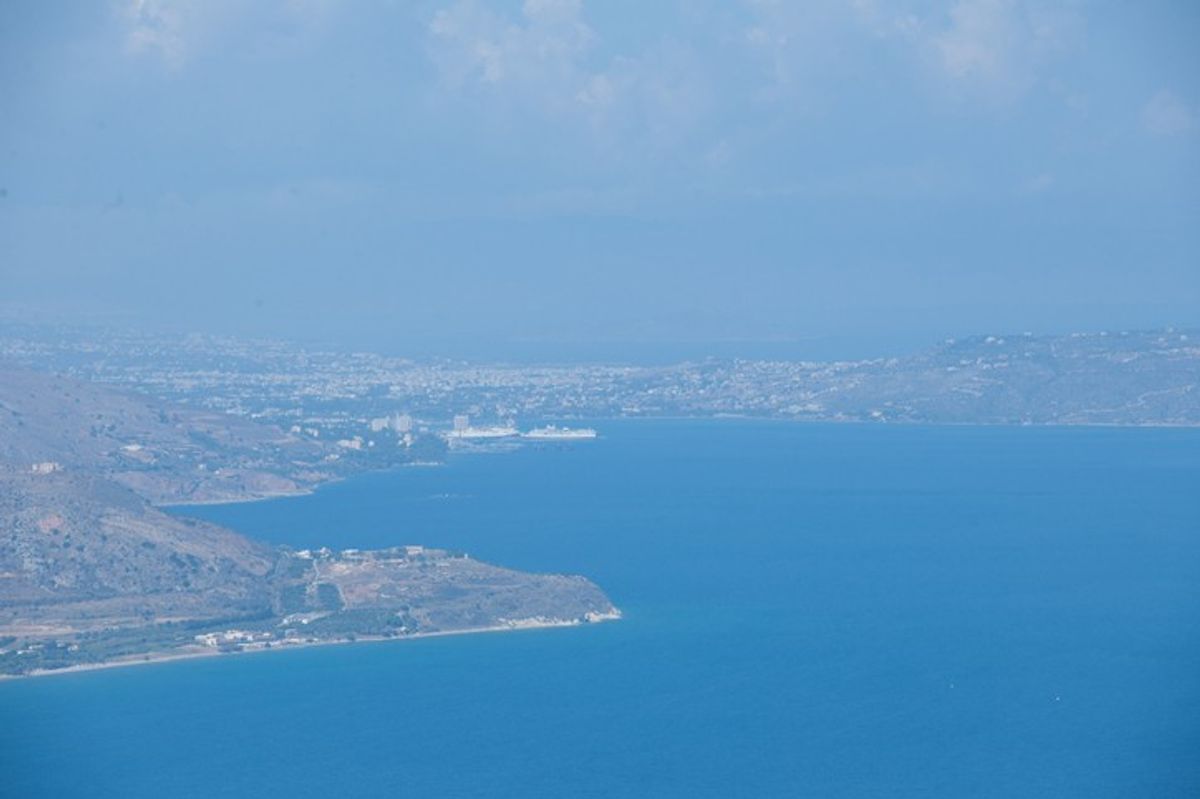The so-called “deep state” is like dark matter. There is wide belief in countries like Turkey, Egypt, and Pakistan that it exists, but no one has ever actually seen it. The term has now—rather surprisingly—become a part of the political lexicon in the United States. Among many others, President Donald J. Trump’s senior policy advisor, Stephen K. Bannon, and prominent radio personality Rush Limbaugh have invoked the deep state to explain the damaging leaks that have come out of the White House, and allegedly the intelligence community, during the administration’s first 60 days in office. These claims have been met with significant criticism, but it seems that in the polarized political environment that characterizes the United States today, the idea of the deep state is here to stay.
The concept of the deep state can be traced back to Turkey, where an alleged network of military officers, intelligence operatives, policemen, organized crime figures, academics, journalists, and politicians work behind the scenes as a sort of shadow government. This coalition of forces is believed to work in concert to ensure the integrity of Turkey’s republican system that Mustafa Kemal—known commonly as Ataturk—founded in 1923. These are groups that benefit politically and economically from, and as a result are defenders of, this political order. The cabal is thus believed to be responsible for coups, assassinations, and a variety other plots to undermine Kurdish nationalism; discredit Islamism; prevent recognition of the Armenian genocide; and, at one time, fight communism.
In November 1996, Turks got a glimpse into this alleged world after a car crash in the small town of Susurluk in which Istanbul’s deputy police chief, a hitman with ties to Turkey’s fascist Grey Wolves, and the hitman’s girlfriend were all killed. The fourth member, and sole survivor, of the crash was an elected member of the Turkish Grand National Assembly. A variety of investigations ensued even as many Turks quickly came to the conclusion that the incident revealed the existence of what they long assumed: the deep state. After all, there was no other explanation as to why those particular passengers happened to be in the same car together.
Despite the conclusion that many Turks drew from the Susurluk scandal, it is still not entirely clear that the deep state actually exists. Whether it does or does not likely doesn’t matter given how many people believe in its existence. This acceptance of the idea of the deep state is directly related to the quality of politics in Turkey. It is a country with a history of free and fair elections, but citizens nevertheless do not have access to their elected leaders in ways that Americans, for example, do. More germane, the four coups d’état that Turkish military officers have undertaken since 1960—apparently in collusion with other parts of the deep state—have reinforced the idea that Turkey’s democratic practices are not institutionalized and that powerful forces can easily disregard the outcome of elections and other expressions of the Turkish people’s democratic will. It was the idea of the deep state that became central to the 2007 Ergenekon conspiracy—in reality, a plot within a plot—in which military officers, intellectuals, journalists, and other components of the so-called deep state were accused of trying to foment instability so that the military would step in and bring the government down.
Not surprisingly this has an impact on society. The idea of the deep state has the potential to rob people of their sense of agency, feed political alienation, and radicalize the political arena. Turkey, Egypt, and Pakistan, all places where the citizenry believes in the existence of the purported deep state, have these problems to varying degrees. There is no doubt that military officers, in particular, have wielded power beyond areas of their professional competence and waded into all aspects of society. It remains unclear whether this is a function of the deep state or rather of perverse institutions and the political culture they breed, which has made the kind of interventions attributed to the deep state seem, if not normal, then certainly unexceptional.












